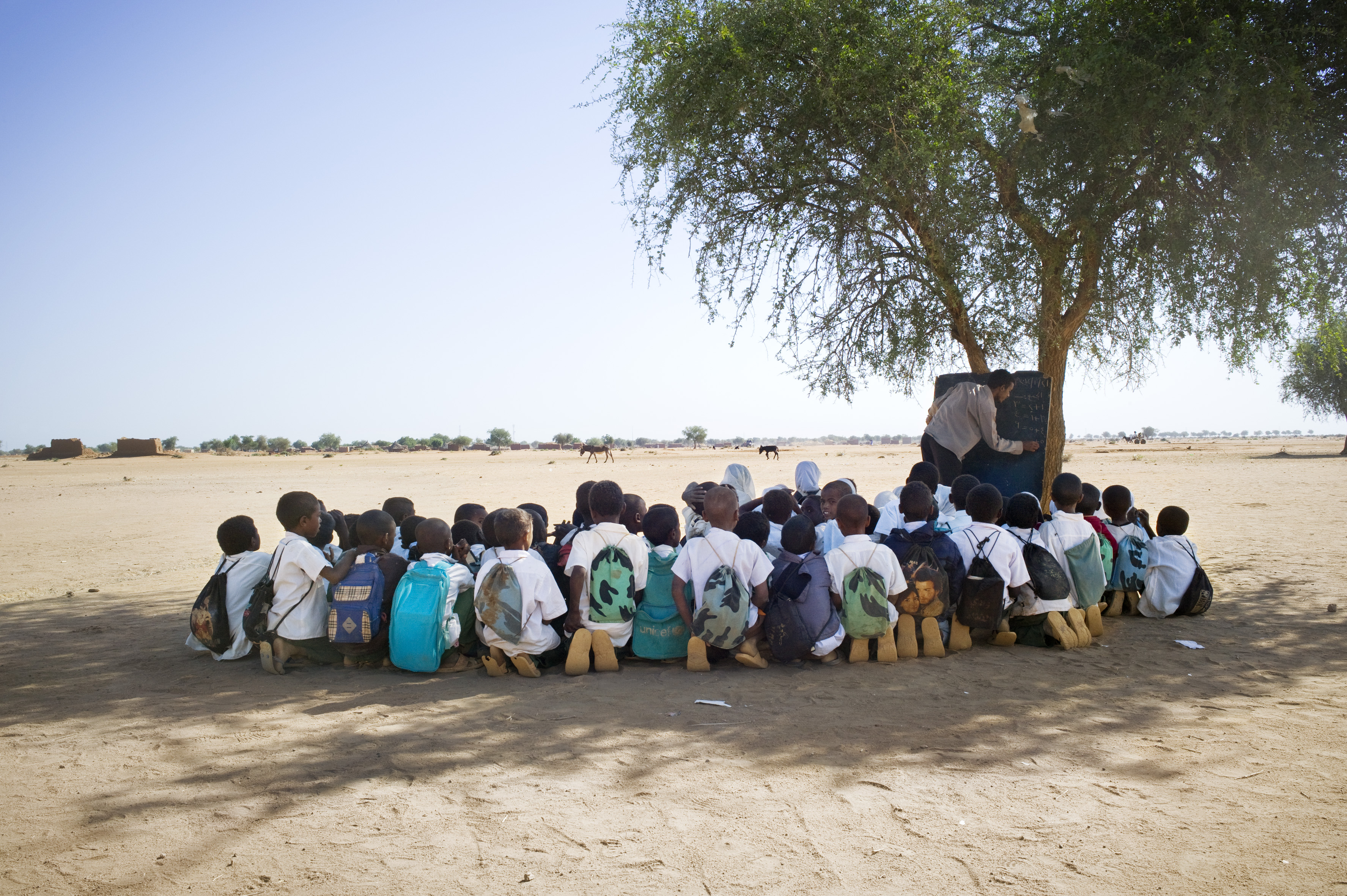
Policies
FORMAL EDUCATION FOR OUT OF SCHOOL CHILDREN IN SOMALIA
Context and Issue
In Somalia, primary education faces significant hurdles, evidenced by one of the world's lowest enrolment rates among school-aged children. With an estimated 4.4 million out-of-school children (OOSC), almost half of the country's 9.2 million population lacks access to formal education. Gender disparities persist, notably in girls' enrolment rates, while poor learning outcomes and high dropout rates undermine the completion of primary education cycles.
Solution
The Formal Education for Out-of-School Children in Somalia initiative strives to extend primary education access to 64,000 out-of-school children aged 6-14 in marginalized communities. This entails constructing, renovating, and equipping 800 classrooms and providing educational resources to 308 supported schools to enhance teaching quality. Furthermore, 1,912 teachers receive training in child-centered teaching methods, while 308 Community Education Committees undergo capacity building in school management. The project also involves oversight by 25 Regional and District Education Officers and advocacy efforts to address socioeconomic and cultural barriers, especially those impeding girls' education. Gender-responsive infrastructure is integrated into construction efforts, and teacher shortages are alleviated through training.
Impact
The project has significantly impacted Somalia's education landscape. Training over 1,000 Community Education Committee members and 1,486 teachers on child-centered methodologies has improved school management and teaching quality. Successful social mobilization campaigns have boosted OOSC enrollment and community participation. Additionally, mini-grants to students have empowered school management structures, while providing classroom furniture has enhanced learning environments. These achievements highlight the project's comprehensive approach to addressing educational challenges in Somalia, although ongoing collaboration and monitoring are vital for sustainability and scalability.
Analysis
The initiative comprehensively tackles Somalia's multifaceted educational challenges, including gender disparities and resource deficits. The project aims to enhance access to quality education and improve learning outcomes by integrating gender-responsive strategies, community involvement, and teacher capacity-building.












